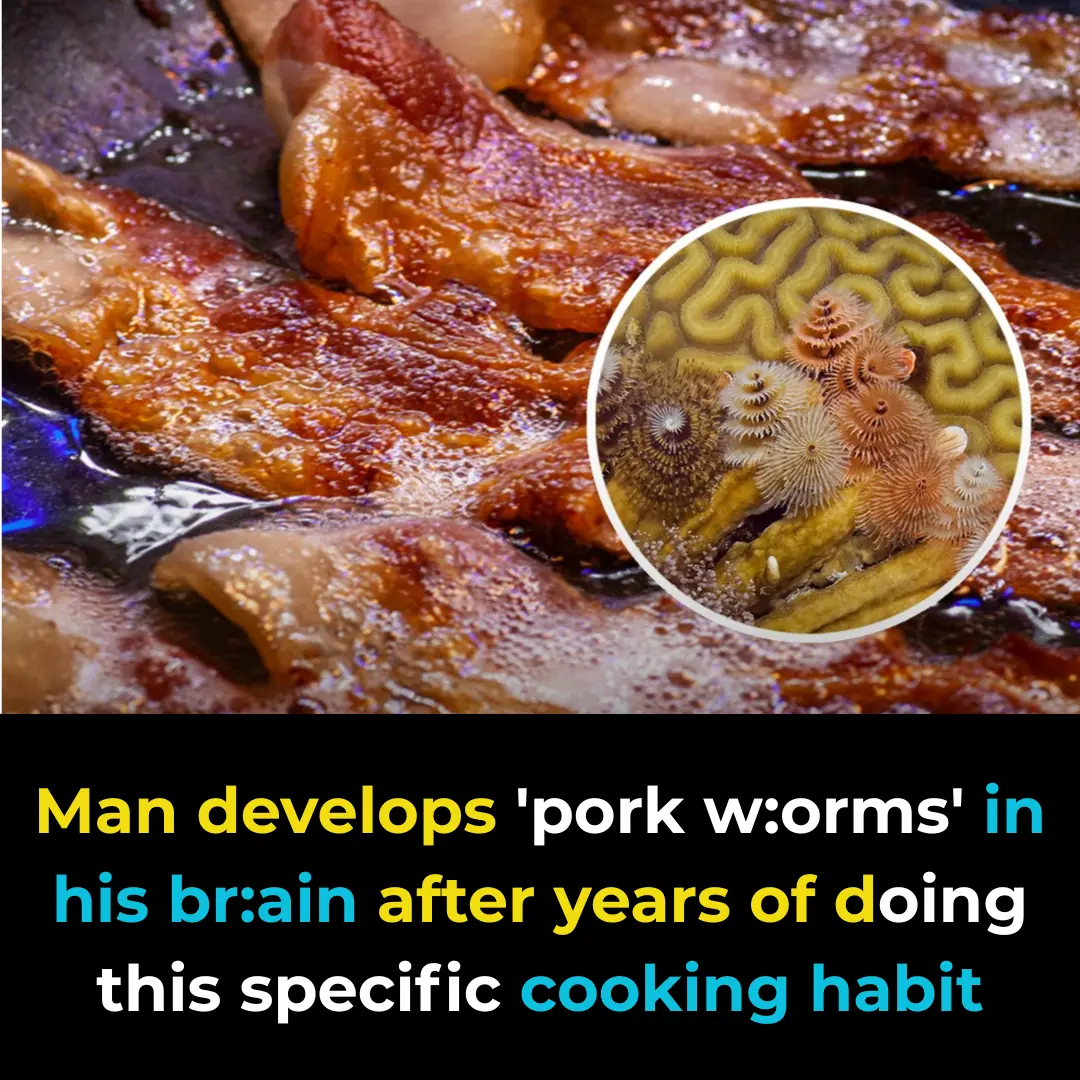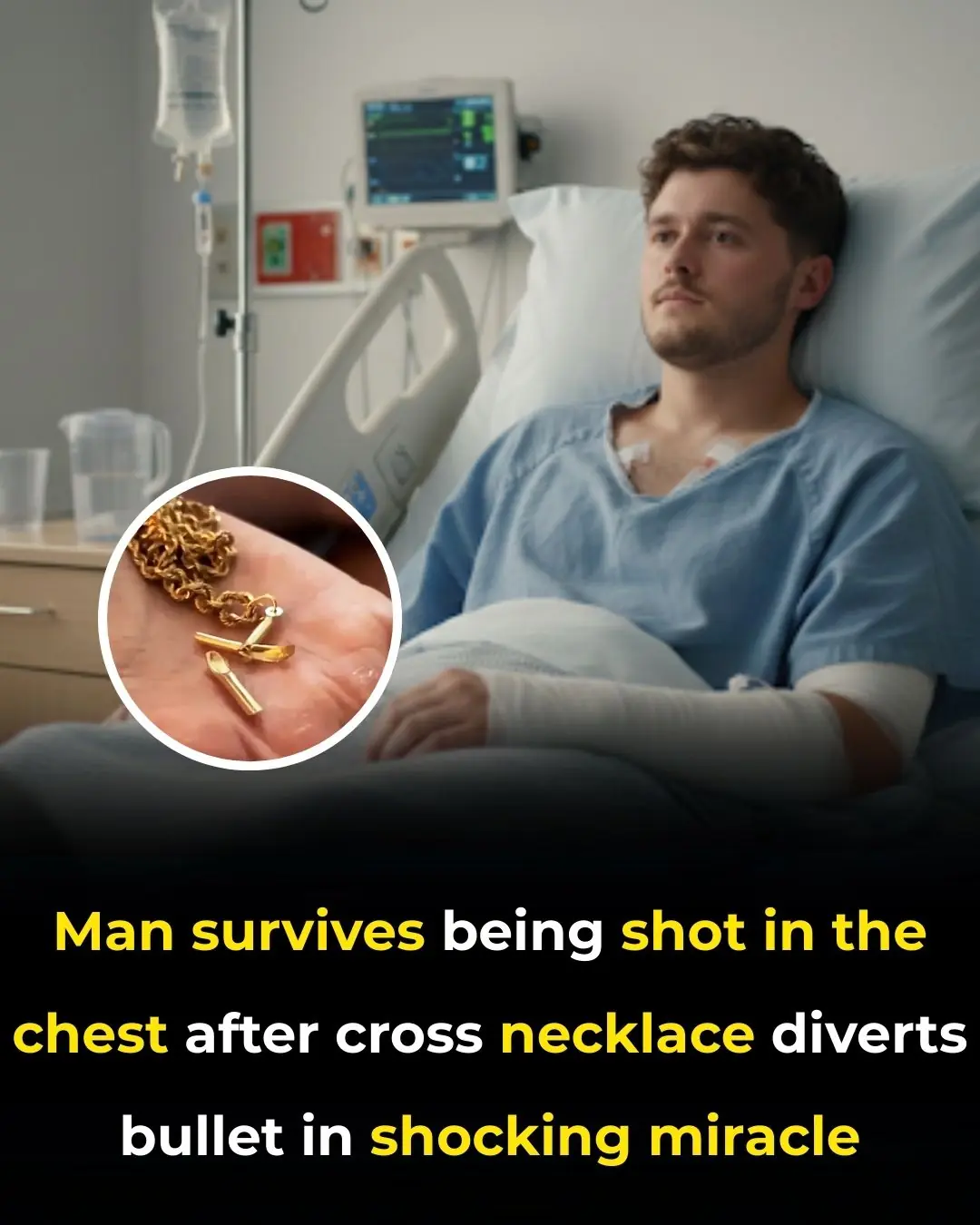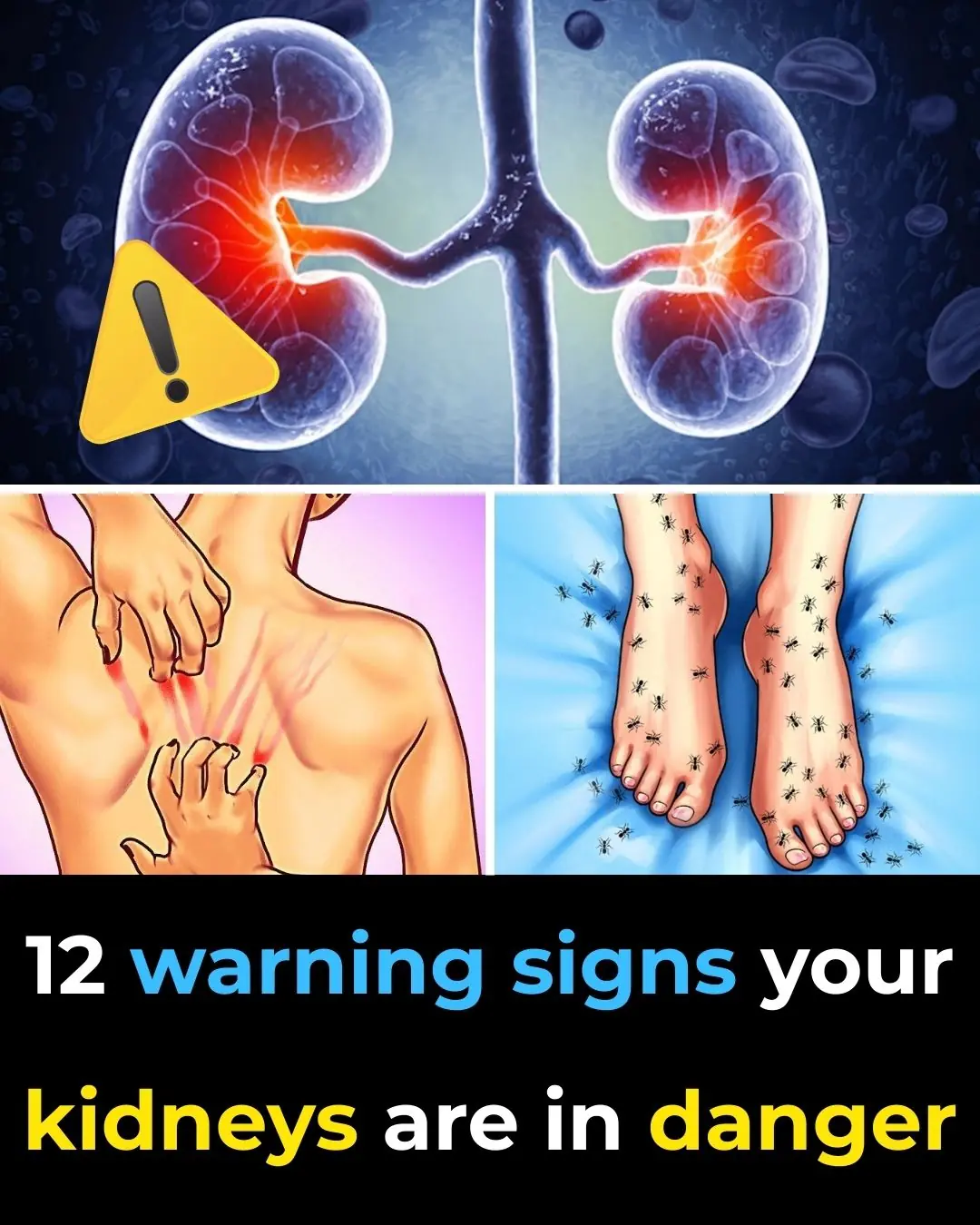
‘Healthy Man’ Diagnosed With Cancer After Noticing Dog’s Bizarre Behavior Around Him
When Instinct Becomes a Lifeline: How a Dog Detected His Owner’s Cancer
They say our pets often know us better than we know ourselves. A single glance, a subtle shift in mood, or their quiet presence at our side can reveal that something has changed. Sometimes what feels like simple affection is, in fact, an urgent signal — one that can save a life.
When a Dog’s Instinct Spoke Louder Than Symptoms
The earliest warning signs of illness are not always captured by medical tests or obvious symptoms. Instead, they sometimes come from the persistent, almost unexplainable actions of those closest to us. For one man, it was his small dog’s unusual fixation that ultimately led to a life-saving discovery.
The man, who considered himself perfectly healthy, shared his experience on Reddit in response to a thread asking, “Redditors who have cancer, what did you feel or experience that made you see a doctor and discover it?” His answer stood out for its unusual beginning:
“My small dog was preoccupied with the left side of my chest and began, over a period of weeks, pawing, sniffing, and eventually jumping on that one side.”
At first, he dismissed it as odd but harmless behavior. He had no pain, no family history of cancer, and no reason to believe anything was wrong. Yet the dog’s repeated focus on the same spot did not fade. Eventually, curiosity — or perhaps unease — pushed him to check. He felt a small lump and scheduled a medical exam.
His physician confirmed the unthinkable: stage 1 cancer. Had it not been for his dog’s relentless attention, the diagnosis might have come months or years later. He later reflected, “My dog knew something had changed by smelling the site, and I would never have bothered to check otherwise.”
Early detection often means the difference between an easily treatable cancer and one that is far more dangerous. In this case, the man’s bond with his dog may have saved his life. What began as playful sniffing became a silent alarm that he was wise enough to hear.
From Reddit Post to Viral Awareness
The story quickly spread beyond the Reddit community. Within hours, it was circulating across social media, blogs, and health forums, sparking debate and wonder: can animals truly sense illnesses like cancer before humans notice symptoms?
Readers chimed in with similar anecdotes. One commenter described a rescued horse that persistently rested its head against a woman’s chest until she discovered a lump — later diagnosed as breast cancer. Another shared how a cat repeatedly licked her father’s ear, which turned out to be a skin cancer lesion.
These accounts, while anecdotal, echo a growing body of scientific evidence. According to researchers at Roswell Park Comprehensive Cancer Center, dogs can indeed detect volatile organic compounds (VOCs) — tiny odor molecules released by certain diseases, including cancers. Ashley Stenzel, PhD, a behavioral medicine expert, explains that melanoma and other cancers can alter body chemistry in ways dogs perceive through scent, even before visible or painful symptoms appear.
Cancer survivor and Roswell Park advocate Lauren Gauthier also credits her dog with detecting her illness: “Pay close attention if your dog starts intensely sniffing or reacting to a certain part of your body. They might know something you don’t. I believe Victoria saved my life.”
The Science Behind Canine Cancer Detection
Dogs’ sense of smell is nothing short of extraordinary. With up to 300 million scent receptors — compared to about 6 million in humans — and a brain region dedicated to processing scent that is 40 times larger than ours, dogs can detect changes at concentrations as low as parts per trillion.
Tumors produce unique VOCs as they grow and disrupt normal cellular metabolism. These microscopic odor signatures can seep into breath, sweat, urine, and skin, becoming cues that a dog’s nose can isolate from thousands of background smells.
Numerous clinical trials confirm this ability. Research published in the BMJ showed trained dogs identifying colorectal cancer from breath and stool samples with high accuracy. A 2021 BMC Cancer study reported successful detection of lung cancer from urine and breath. Earlier, a Lancet case report in 1989 documented a woman whose dog repeatedly sniffed a mole on her leg, leading to the discovery of melanoma.
The science suggests a promising future: if dogs can consistently detect cancer at its earliest stages, they could complement traditional screenings — especially in cases where symptoms remain hidden.
Everyday Clues: When to Notice Your Pet’s Behavior
Of course, not every lick, nudge, or sniff from a pet is a warning sign. But when behavior changes are unusually focused or persistent, it may be worth paying attention. Here are some practical takeaways:
-
Repeated focus on one area: If your pet continually paws, licks, or sniffs at the same spot, especially over days or weeks, don’t ignore it.
-
Sudden behavioral changes: A calm animal becoming anxious, clingy, or unusually attentive may be reacting to subtle scent or body changes.
-
Reactions to touch: If your pet behaves differently when you’re touched in a specific area — pulling away, sniffing more intently, or showing concern — it could be a subtle cue.
-
Track patterns: Keeping a brief journal of odd pet behaviors can help you recall timing and frequency, useful if you bring it up with your doctor.
-
Don’t self-diagnose: While pets can provide valuable early warnings, only medical testing can confirm what’s happening. Use their behavior as motivation to schedule a check-up.
Even if nothing is wrong, such vigilance promotes better health awareness. And if your pet’s instincts align with something real, it could make the difference between early treatment and late discovery.
A Bond That Saves Lives

The man’s story — a dog uncovering cancer through nothing more than persistence and instinct — is more than a tale of loyalty. It highlights the subtle ways our closest companions can protect us, sometimes before we even know we need protecting.
Science supports the idea that pets detect illnesses through scent, but the real lesson is what we do with that knowledge. Awareness, curiosity, and timely medical follow-up can transform an odd quirk into a life-saving discovery.
In a world where disease can remain silent until it’s advanced, perhaps one of the simplest ways to safeguard our health is to listen more closely to the creatures who walk beside us. Their instincts, sharpened over millennia, may notice what our own senses cannot — and in some cases, they may give us the chance to fight for tomorrow.
News in the same category


Woman who d::ied for 24 minutes before being brought back to life details exactly how it felt

Nearly 64% of All Bottled Water in America Is Just Tap Water. These Are the Brands.

The difference between the spirit of a loved one and other forces

One Swedish man replied to all those who wondered how people live in such tiny apartments by showing his own

Expert issues warning to couples as 'menodivorce' becomes increasingly common in relationships

Christina Applegate reveals how her MS diagnosis has ‘broken’ her 14-year-old daughter Sadie

How True Love Shows Itself During Intimacy

‘Miracle’ Moment: Cross Necklace Stops Bullet and Saves Man’s Life

Christian Bale Built $22 Million Foster Care Village in California

Emma Stone opens up about coping with fame after revealing she would like to be called by real name

Airline sparks outrage with controversial new plus-size seating rule

Millionaire game hunter killed by same buffalo he was stalking

Donald Trump’s Niece Raises Serious Concerns Claiming He’s ‘Declining Rapidly’ and ‘Rambling’

Why Some People Can’t Handle Spicy Food

The hidden meaning of thumb rings: what they represent for women vs. men

The Small Hole on the Sink: A Feature You Never Knew You Needed

Concerned Woman: Beware of Abandoned Prams on Roadsides!

Your Character According to Your Sitting Style
News Post

5 Delicious Eating Habits That Put the Whole Family at Risk of C:ancer – Extremely Dangerous and Should Be Avoided Immediately

Be careful — one single action at the airport could ruin your en:tire life.

Condolences to those who are using these 4 types of electric kettles: Throw them away while you still can, thousands of people have already developed c:ancer.

How Magnesium Keeps Your Heart Rhythm Healthy

Why Do I Cough When Taking a Deep Breath?

Taking the Stairs Could Help You Live Longer

Purple Veins on Your Legs: When to Worry

Man develops 'pork worms' in his brain after years of doing this specific cooking habit

Signs Your Cortisol Is Dangerously High

Woman who d::ied for 24 minutes before being brought back to life details exactly how it felt

The Sleep Saboteur: The One Thing You Should Never Do When You Wake Up at Night

Nightly Habits That Could Increase Your Risk of Stroke

🚨 ALERT! 7 Strange Signs Your Kidneys Are Crying for Help

Vitamin E Oil uses for Skin – Glowing Skin, Dark Circles & Wrinkles

DIY Aloevera ice cubes to Remove Dark Spots & Clear Skin | Aloevera Benefits for Skin

Tips for pickling white eggplants that are crispy, do not turn black, and do not form scum when left for a long time

11 Secret Baking Soda Tricks for Women That Will Change Your Life!

Mattresses used for a long time are dirty and smelly, sprinkle this on the surface, no need to wash with water, it will be clean as new
